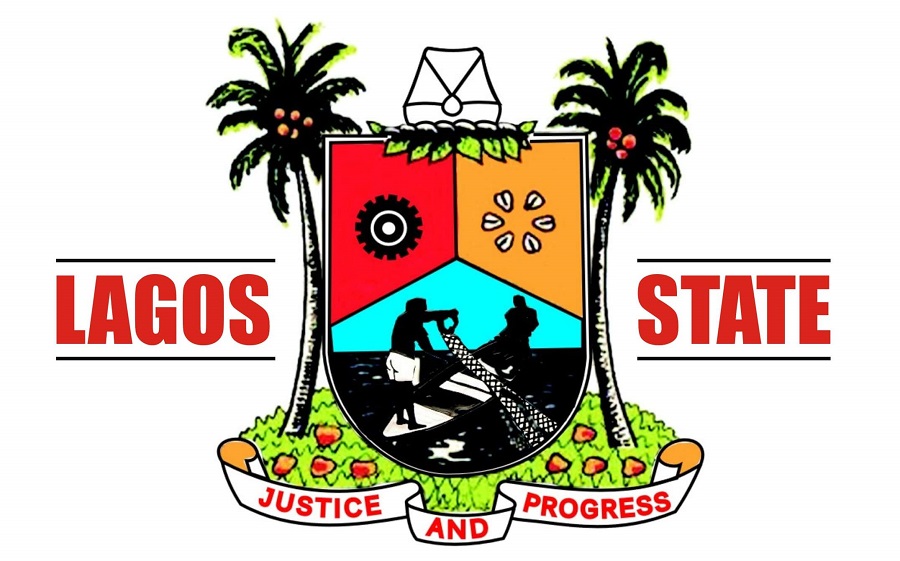The Commissioner for Agriculture, Abisola Olusanya, disclosed this at the 2022 annual Lagos Food Festival, which held at the Muri-Okunola Park, Victoria Island, Lagos.
In 2021, the state generated a little above N1 billion, the first time in about 55 years existence of the state Ministry of Agriculture.
The commissioner who listed the 2023 general elections, Russia-Ukraine war, and other economic challenges as factors that have affected food processors and producers, noted that despite these challenges the ministry is determined to meet its N1.2 billion threshold.
Olusanya said: “We are anticipating that by the end of this year, we should be touching about N1.2 billion in revenue. Last year, we generated roughly a little over N1 billion. This year was tougher because obviously due to the electioneering process and the general glut in the system. Furthermore, the Russia-Ukraine War in addition to the economic instability around the world has also impacted many of our food processors and producers here.
“Regardless, the Ministry of Agriculture still did all it could and we are hoping to end this year on a N1.25 billion note. For me, what I’m really happy about is that last year, we did N1 billion for the very first time in the existence of the Ministry since 1967,” she added.
In 2016, the state in partnership with Kebbi State government launched Lagos-Kebbi Rice, popularly known as Lake rice. The partnership was designed to ensure food security as well as display Nigeria’s in-country capacity in rice production.
However, since 2020, the rice has been out of stock, which Olusanya in May 2021 attributed to the disruption occasioned by Covid-19 pandemic and devastating flooding in Kebbi in 2020 that wreaked havoc on rice plantations in the state and other states in the north.
“It is not that Lake rice is missing to the extent that it will not surface again. Lake rice is still in existence. I think we need to go back to a lot of things that happened last year. Lake rice was available last year January and February, COVID-19 hit us in March and subsequently we had issues around flooding, particularly in Kebbi.
“The impact of the flooding was grave on rice farms in the state. So, it is not so much about why it is not available, it is a function of why in the producing state there were so much issues of production and supply, for them to process and send to us,” she had said during a ministerial briefing.
 DailyrecordNg …Nigeria's hottest news blog
DailyrecordNg …Nigeria's hottest news blog









